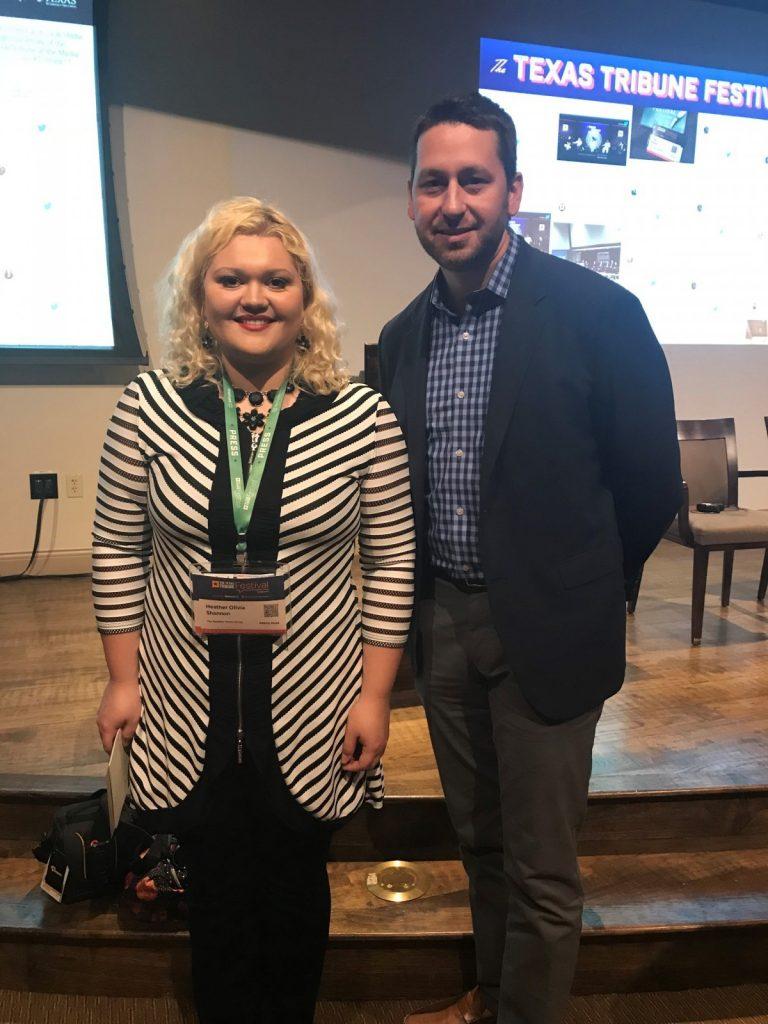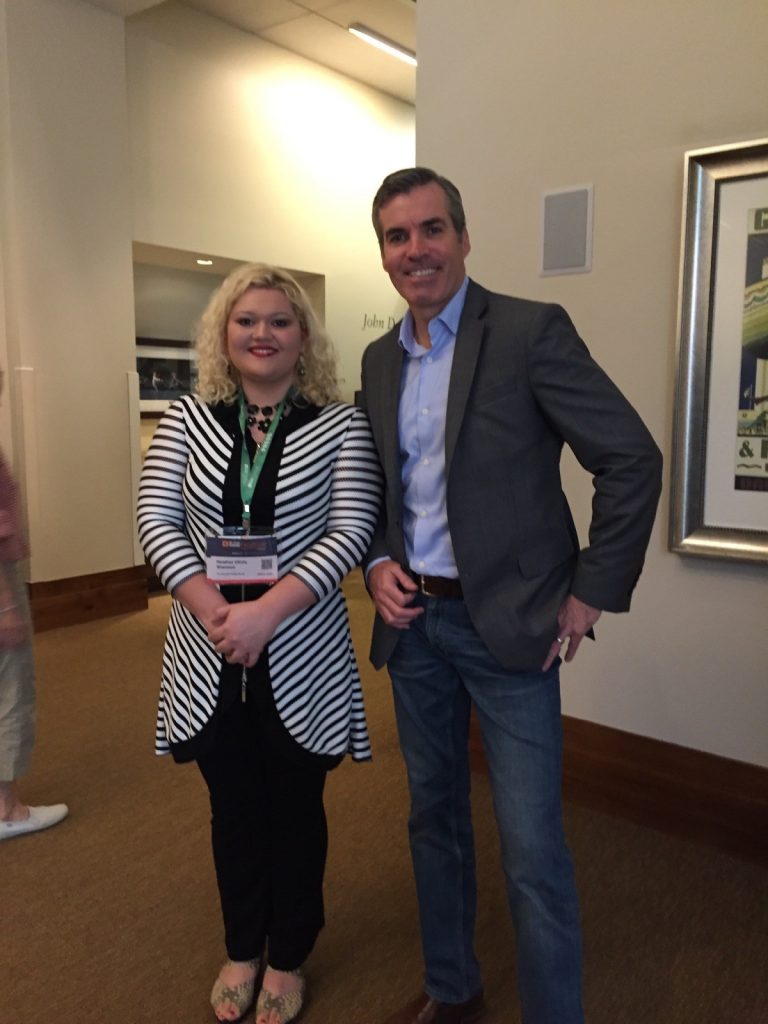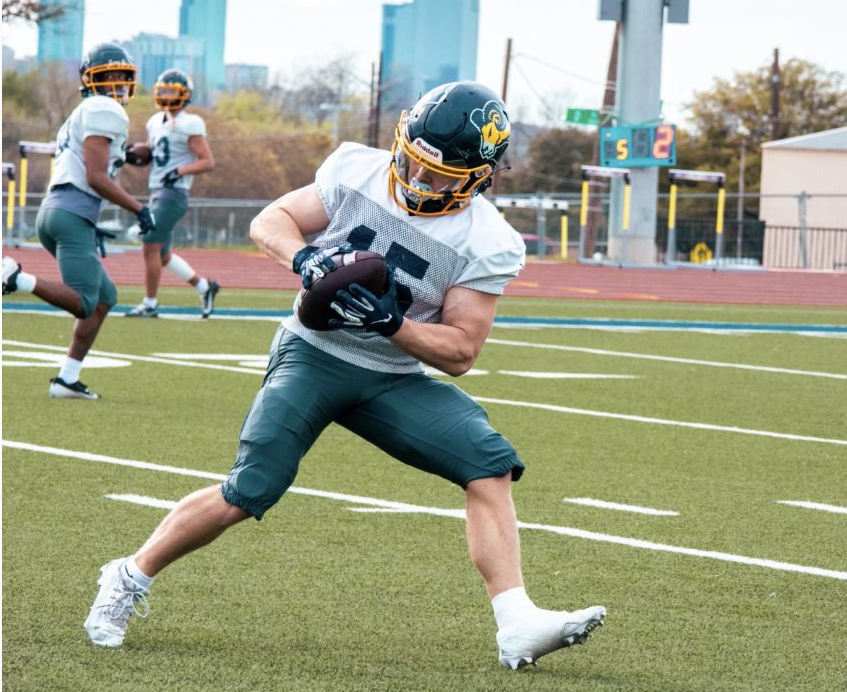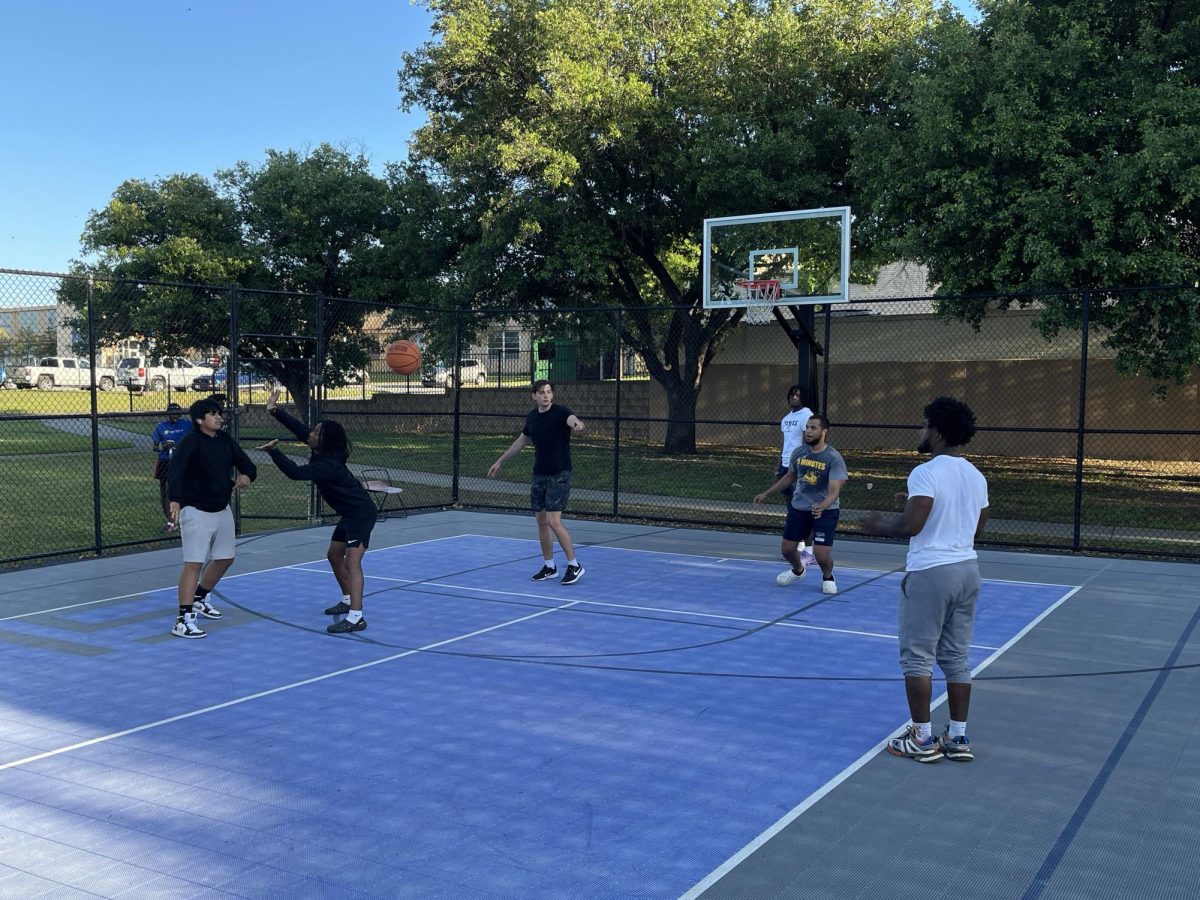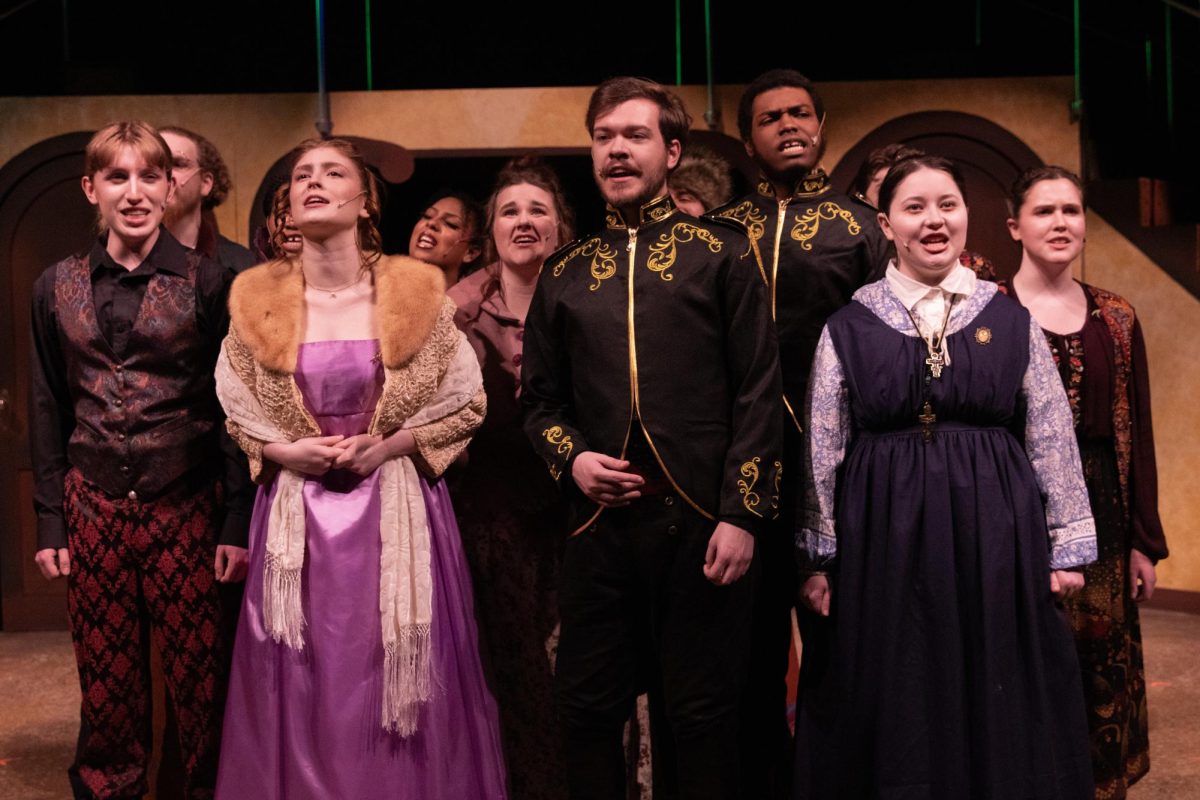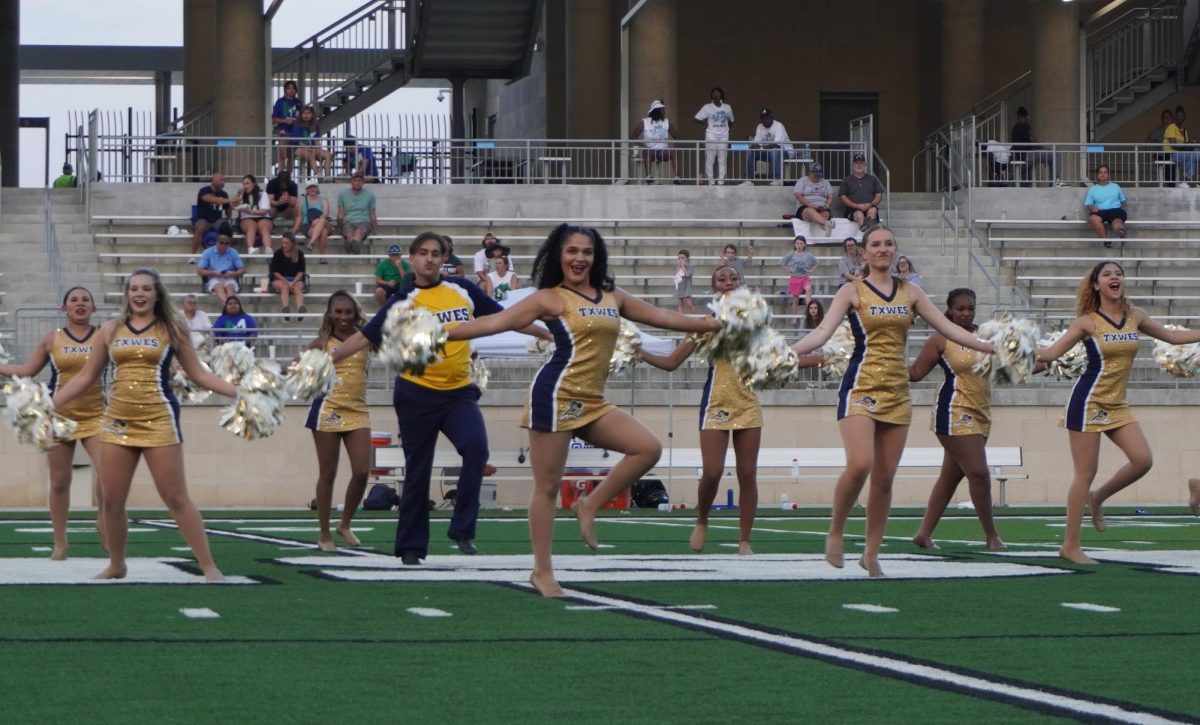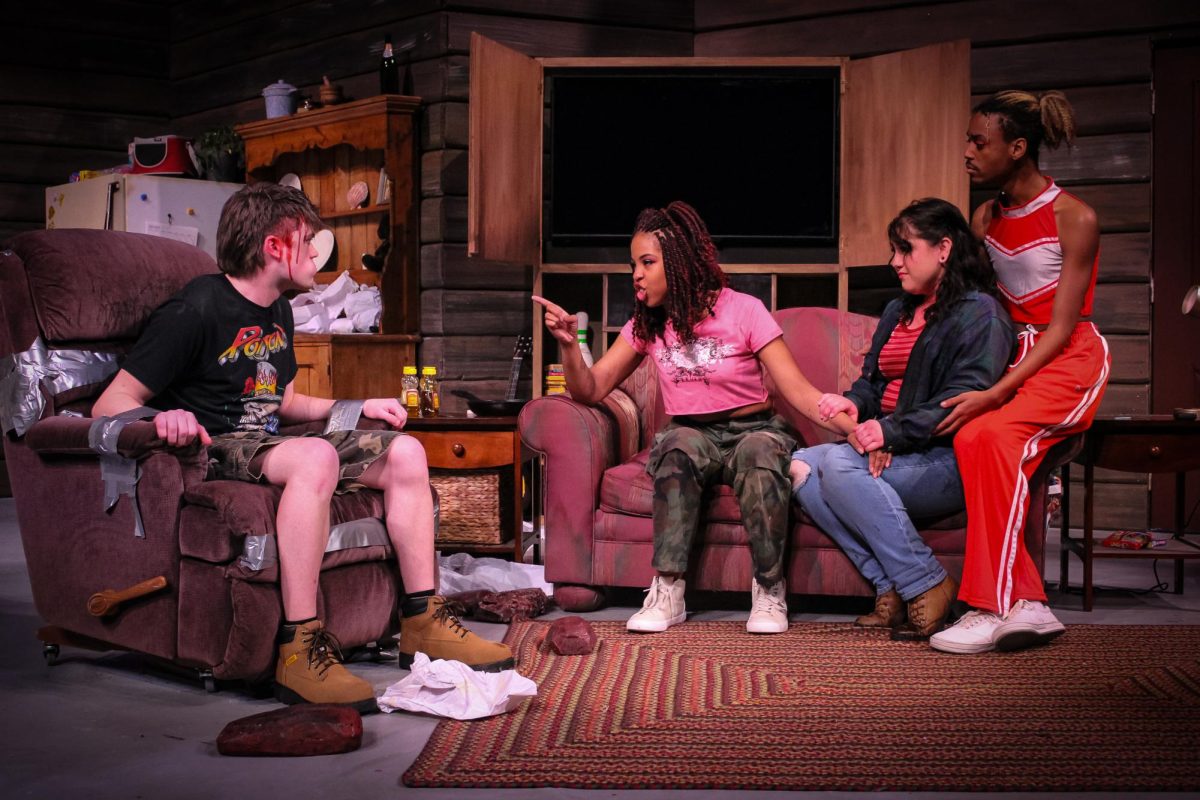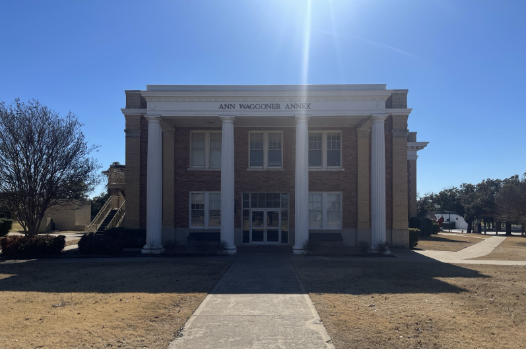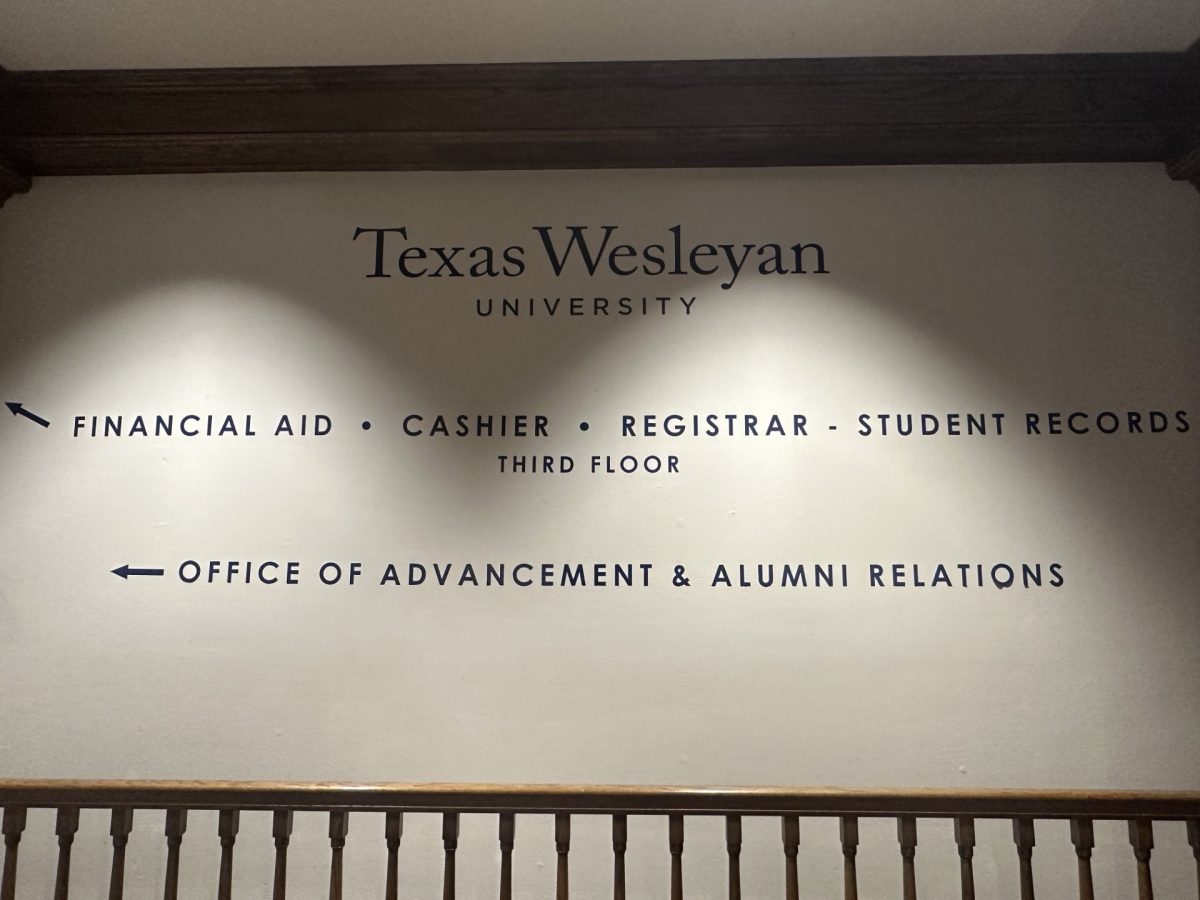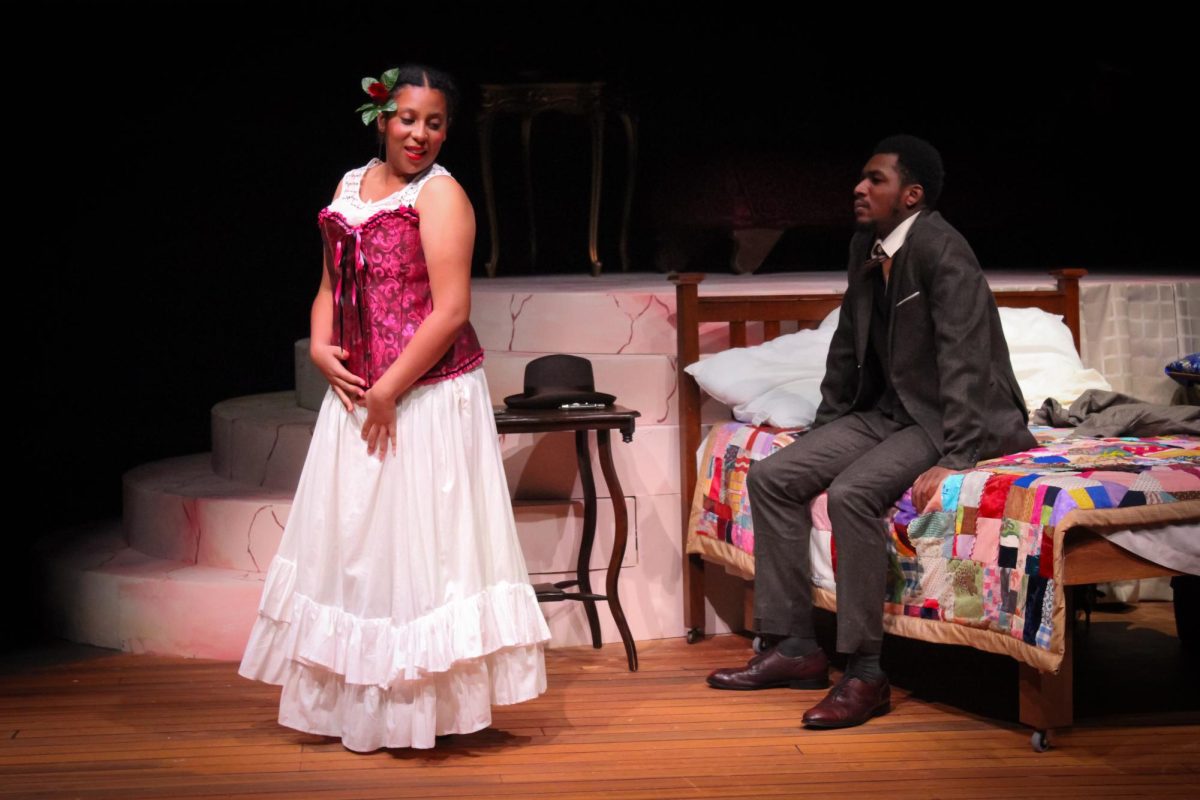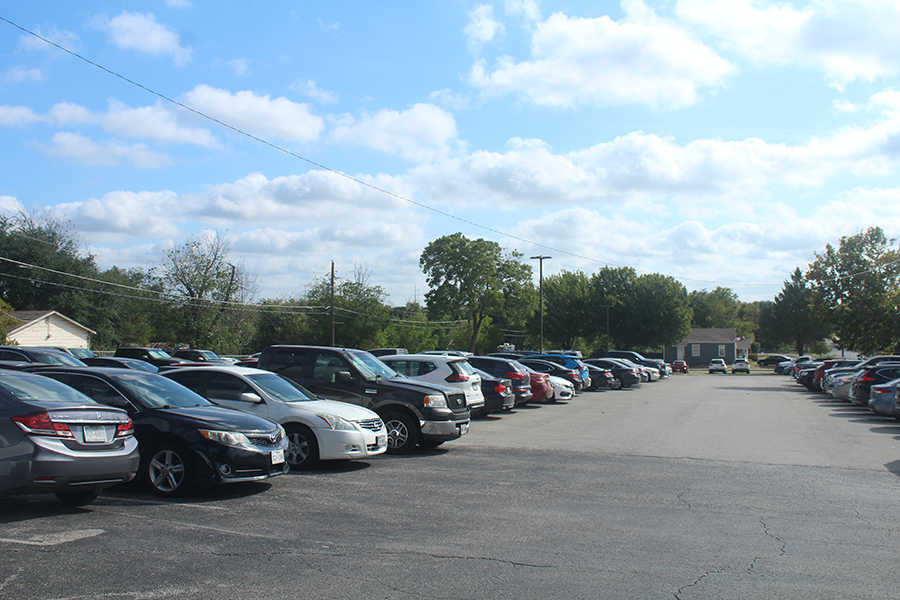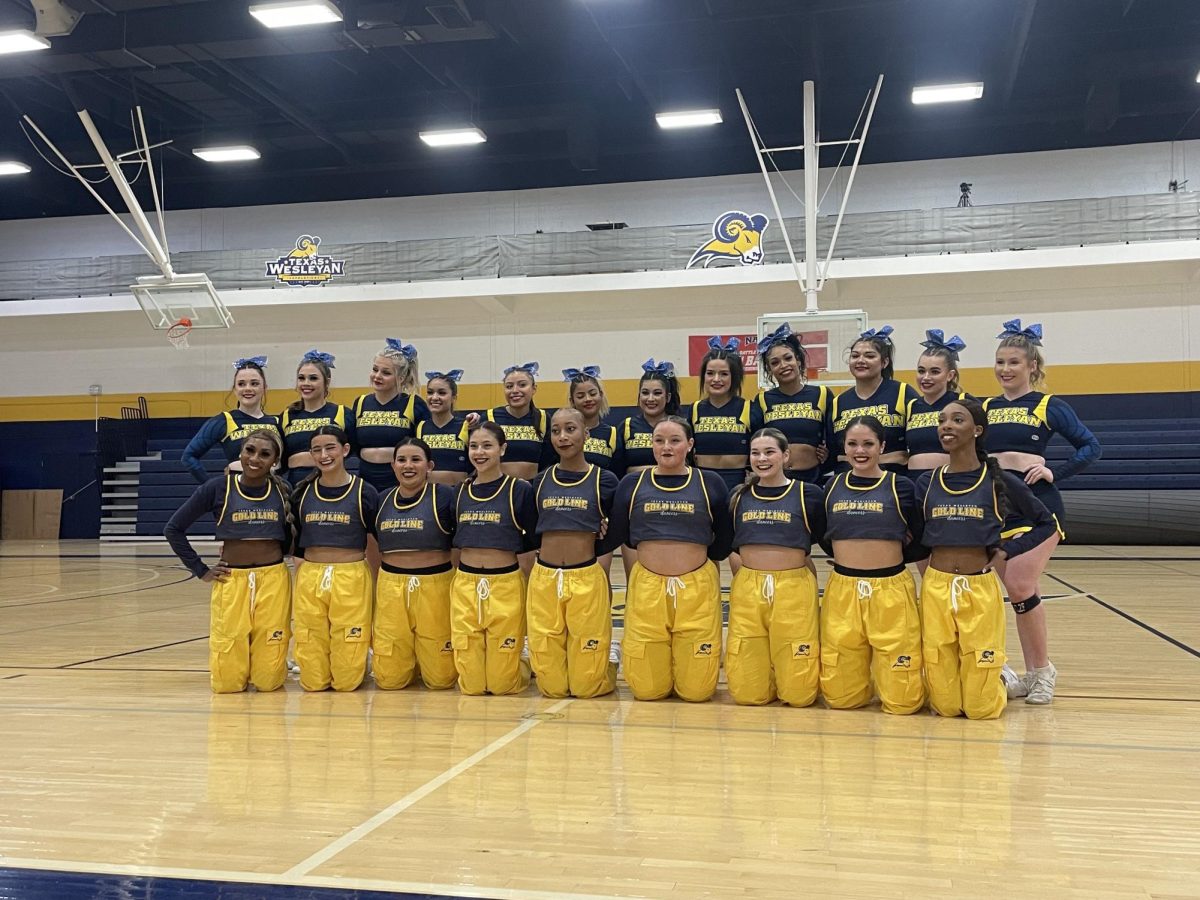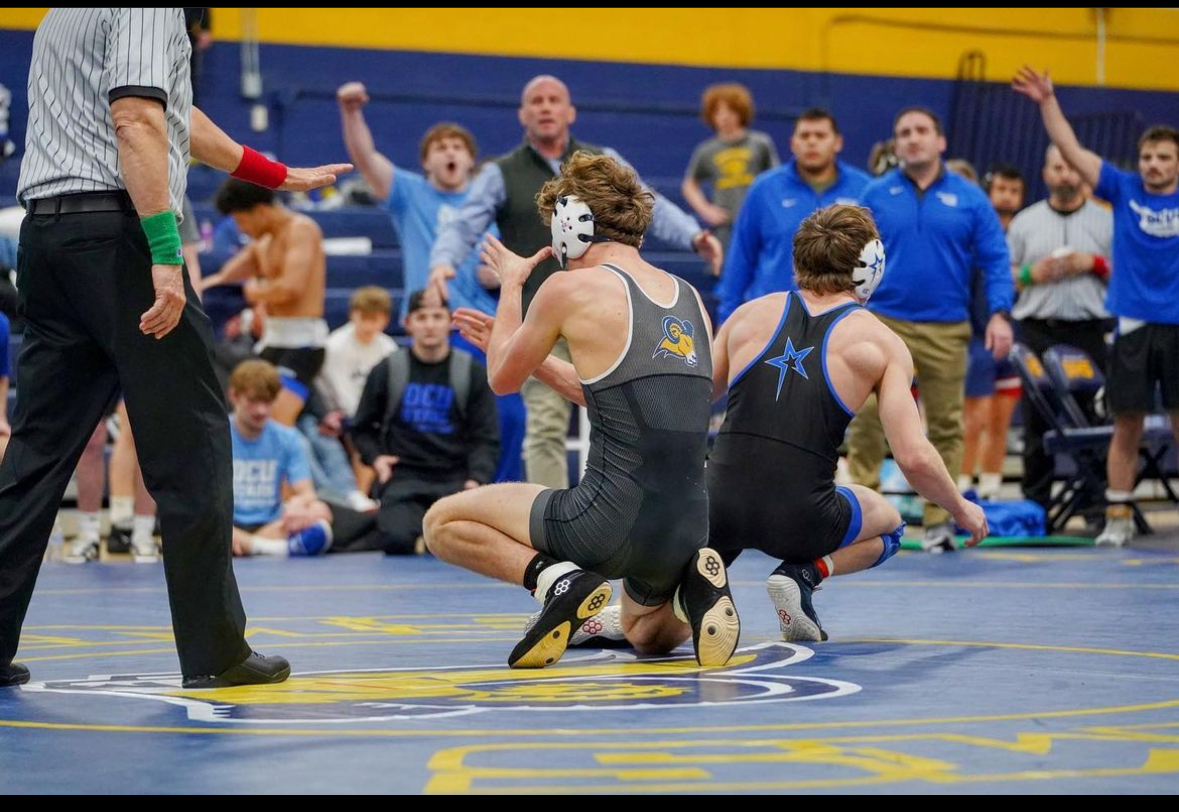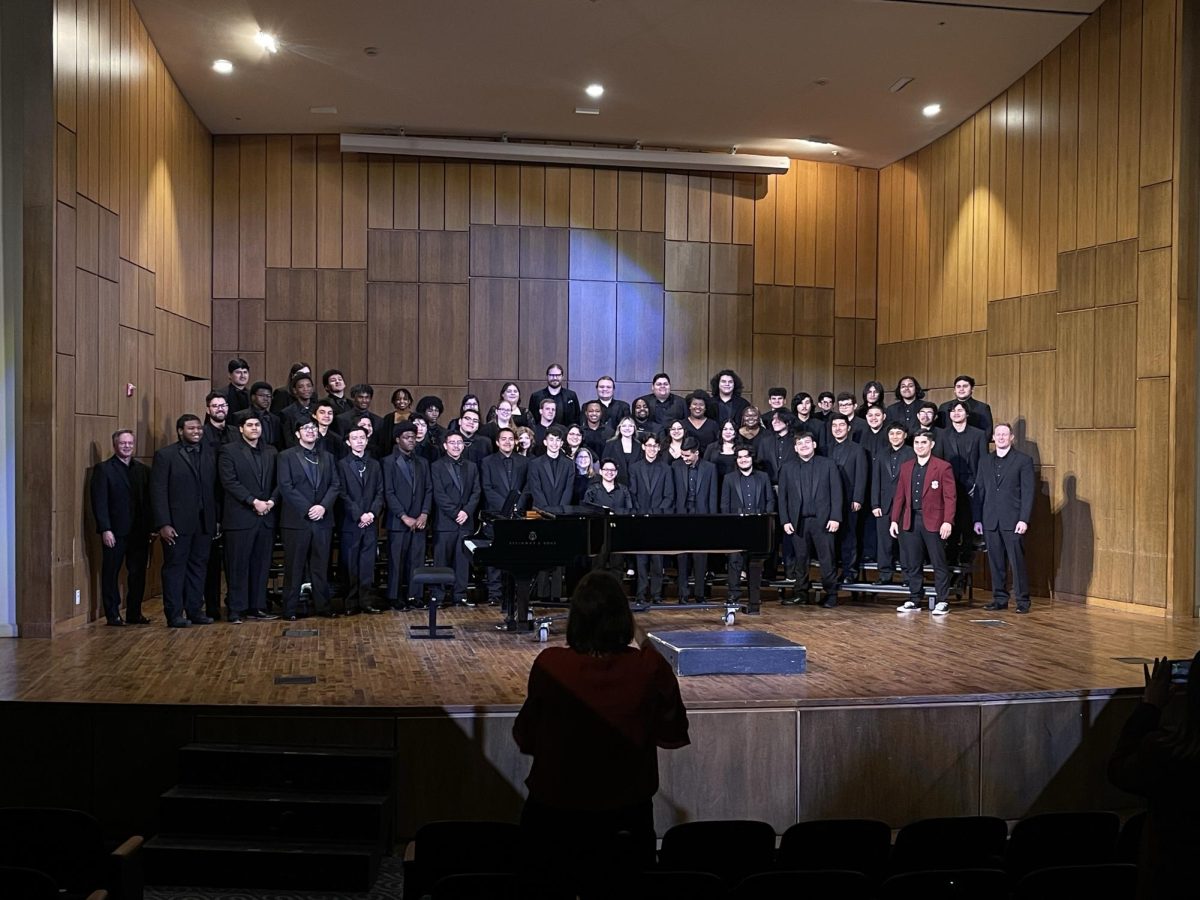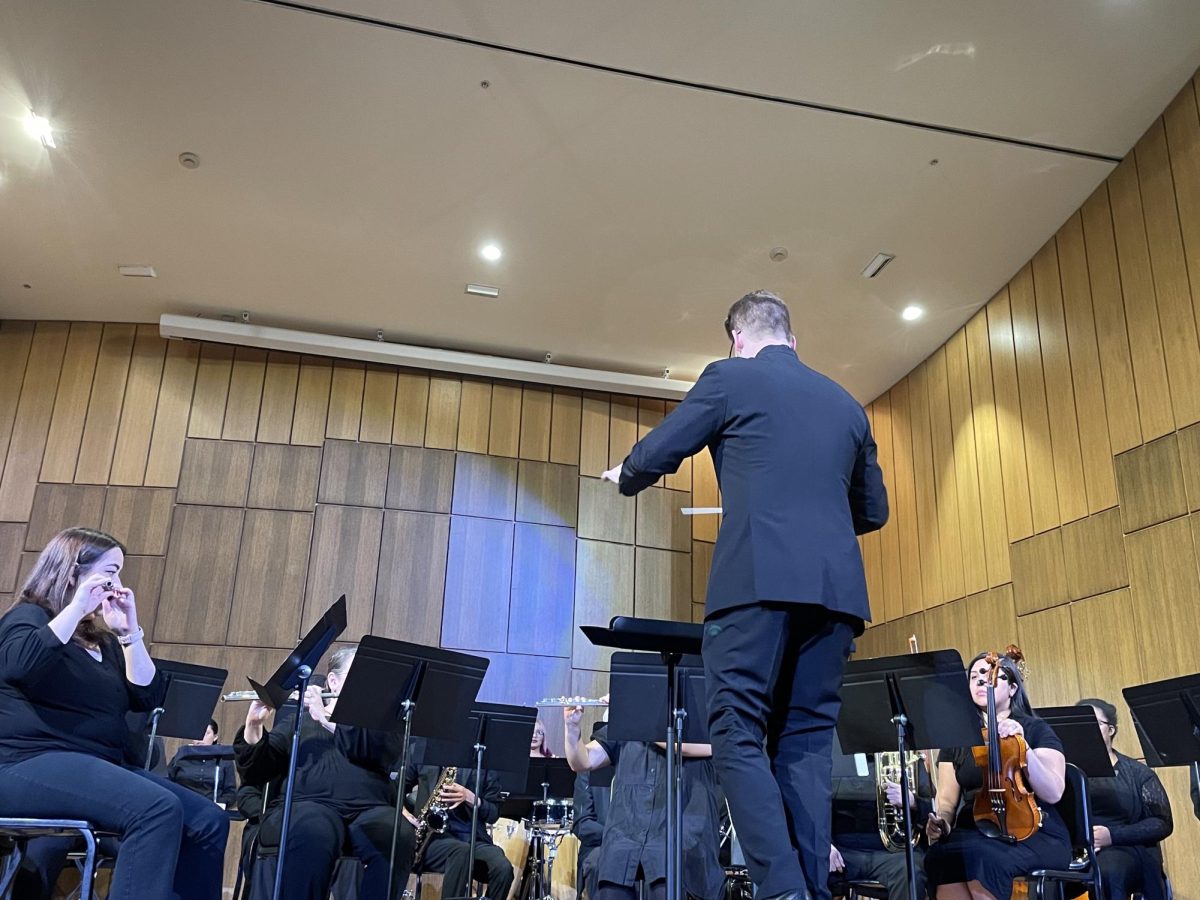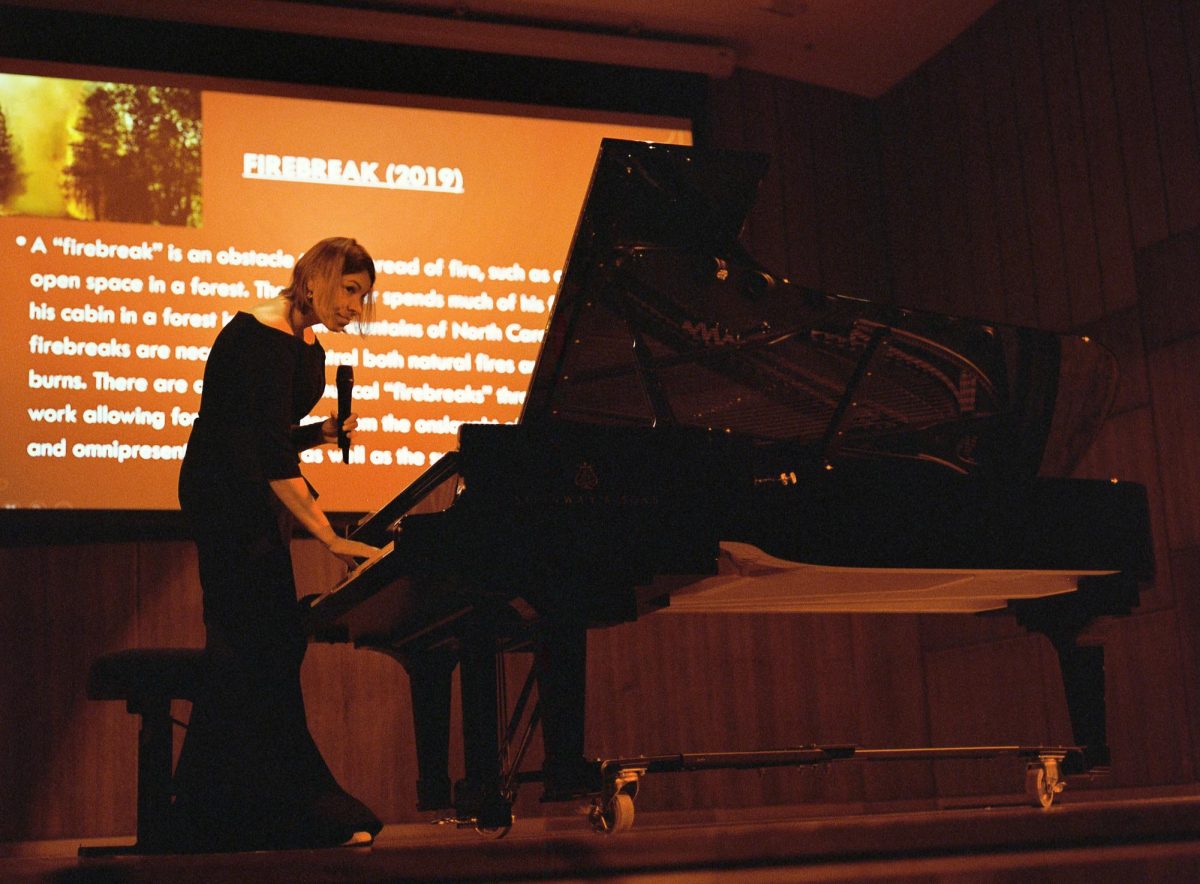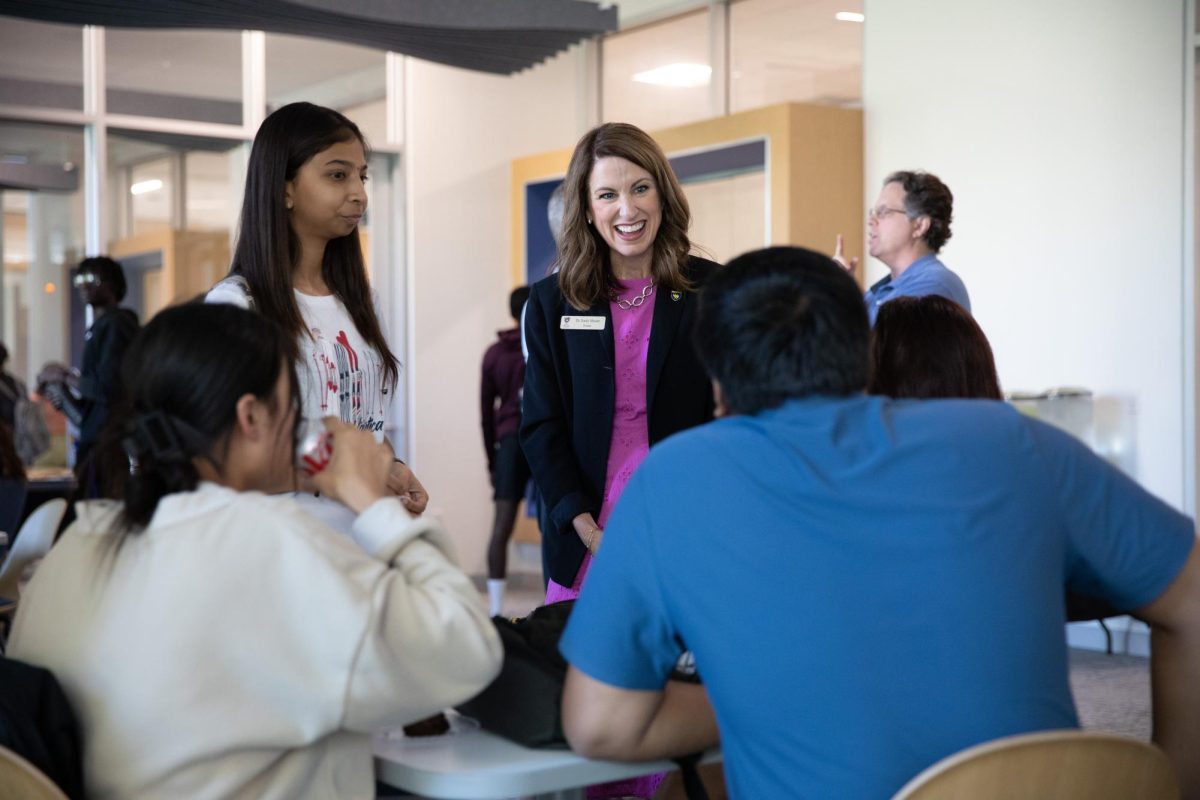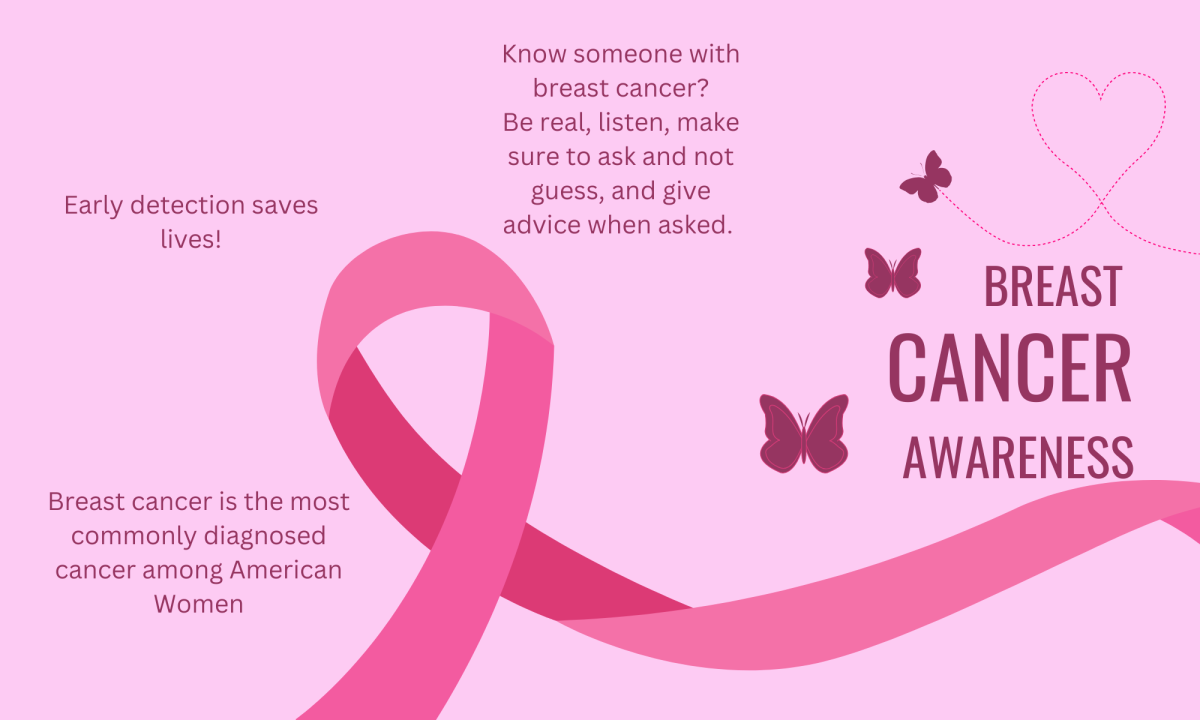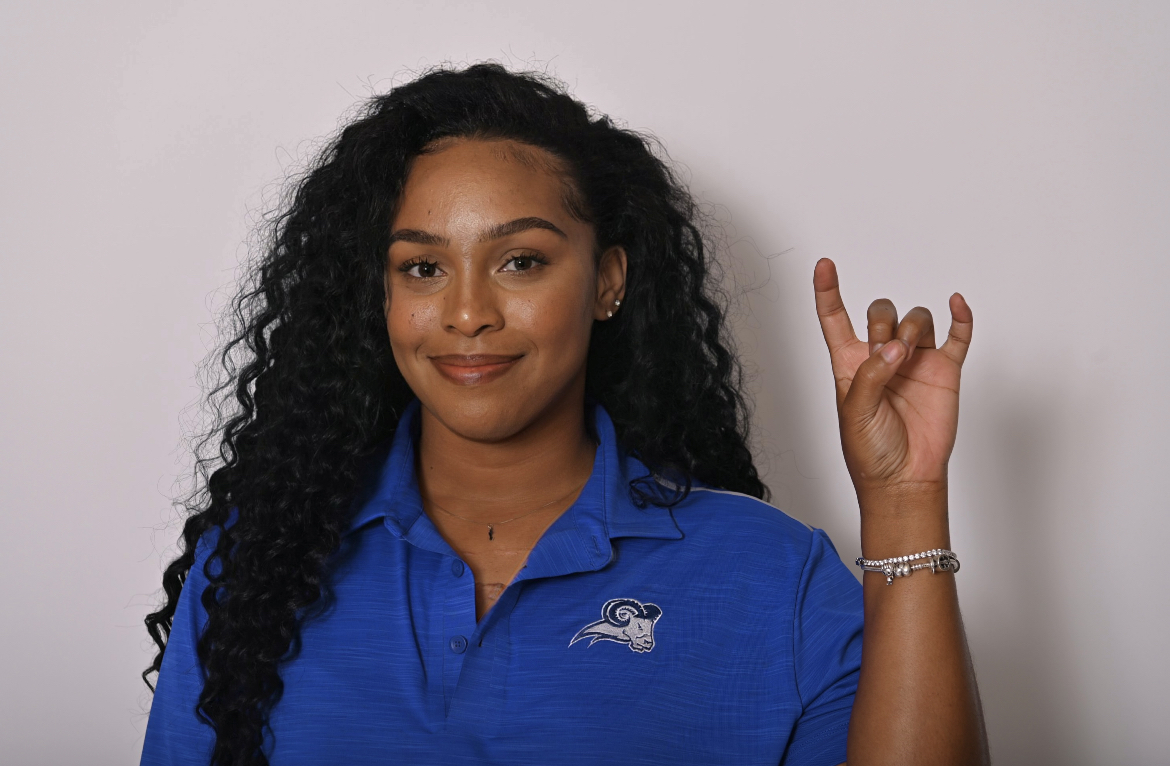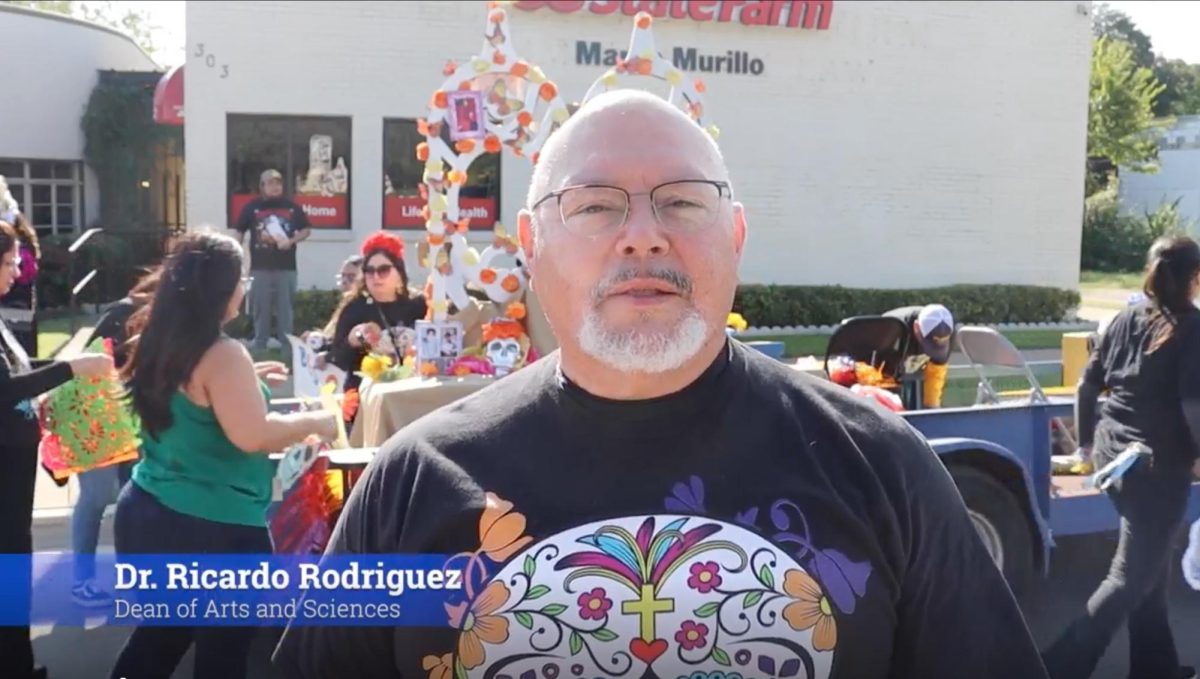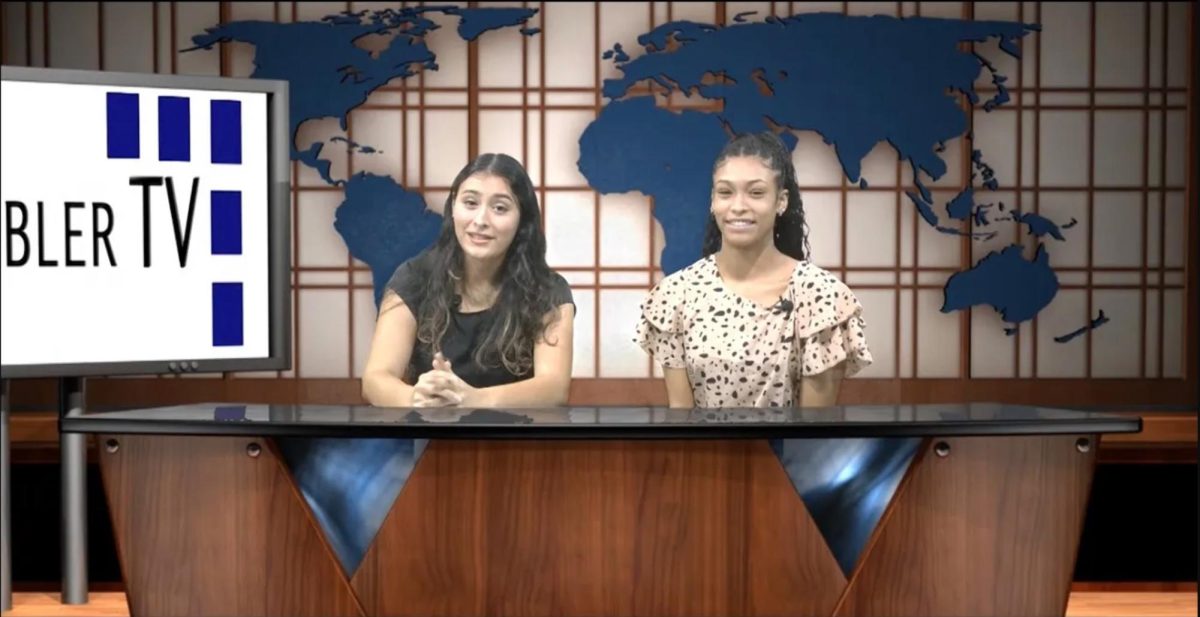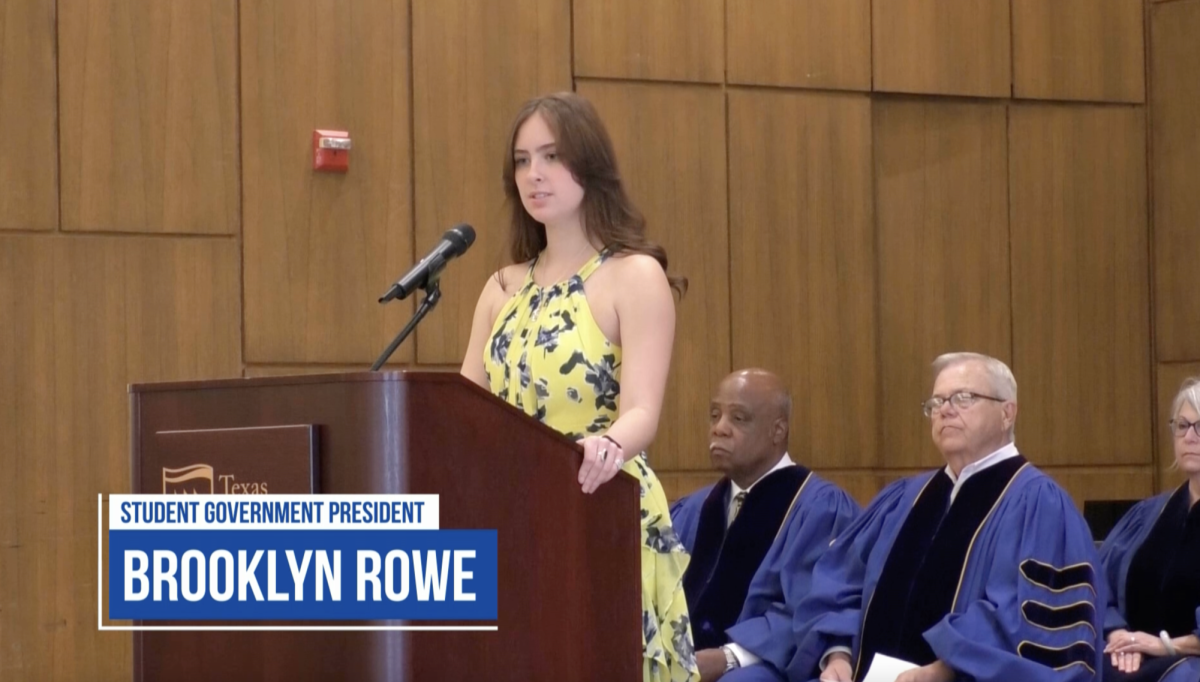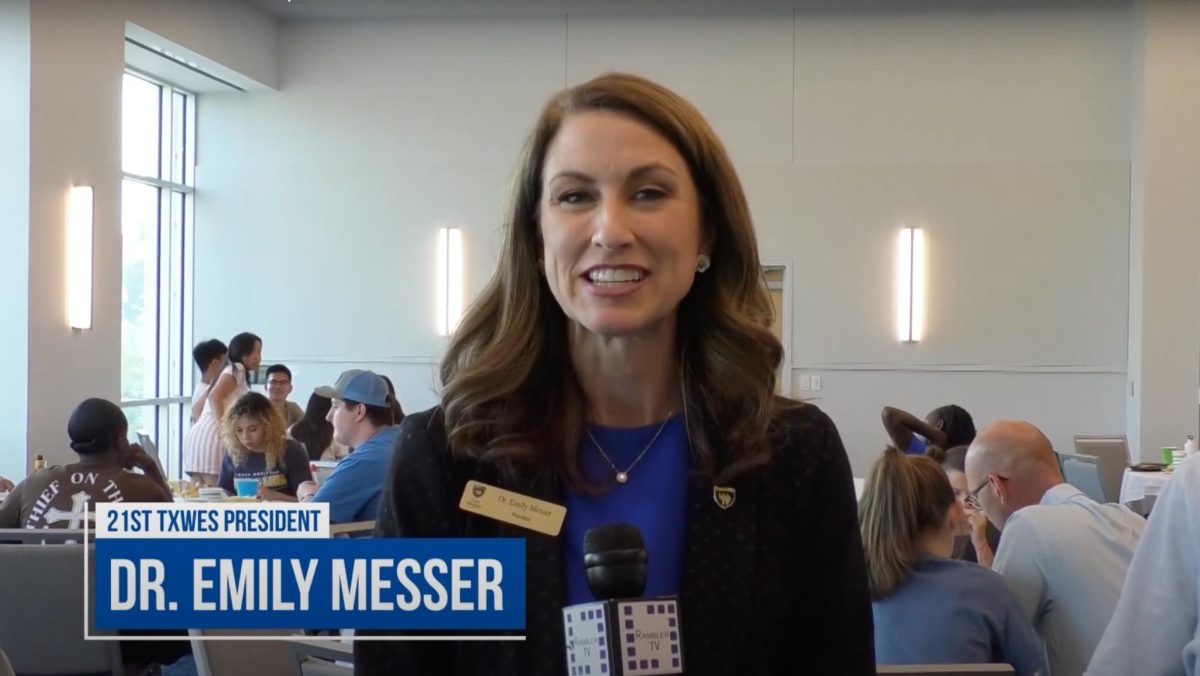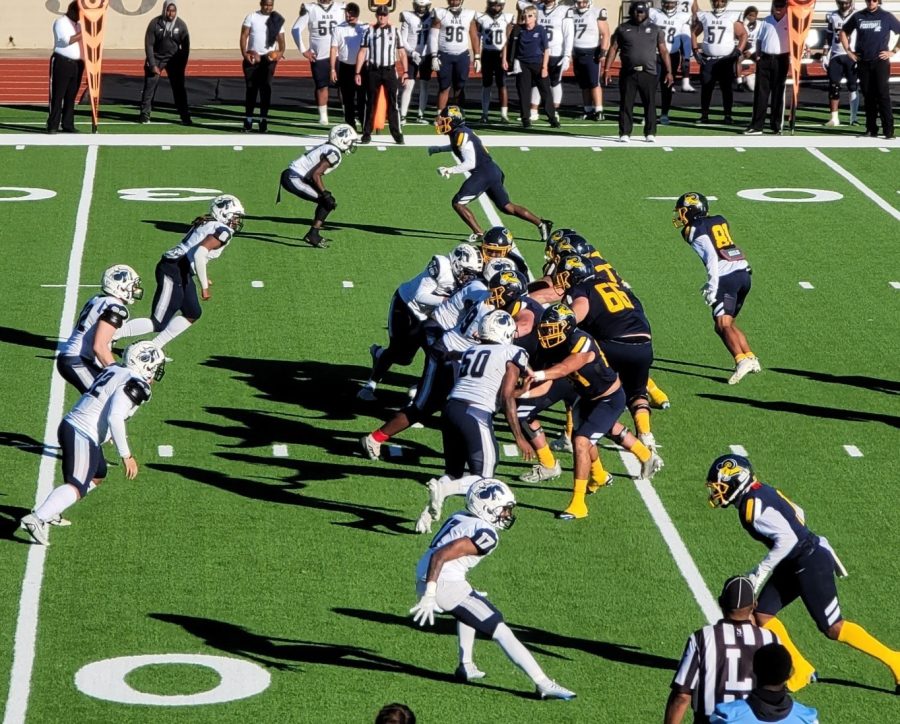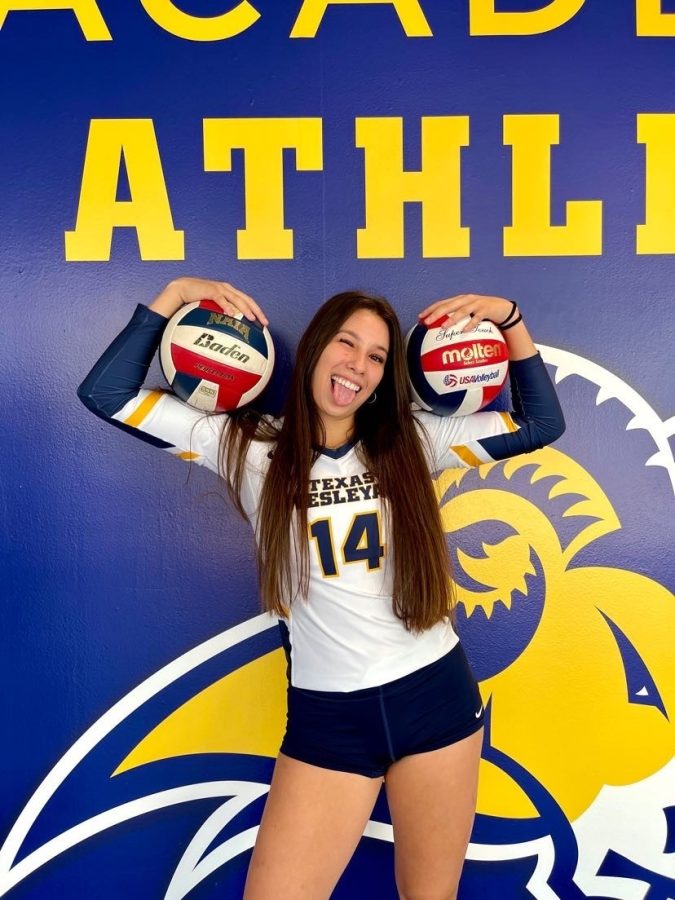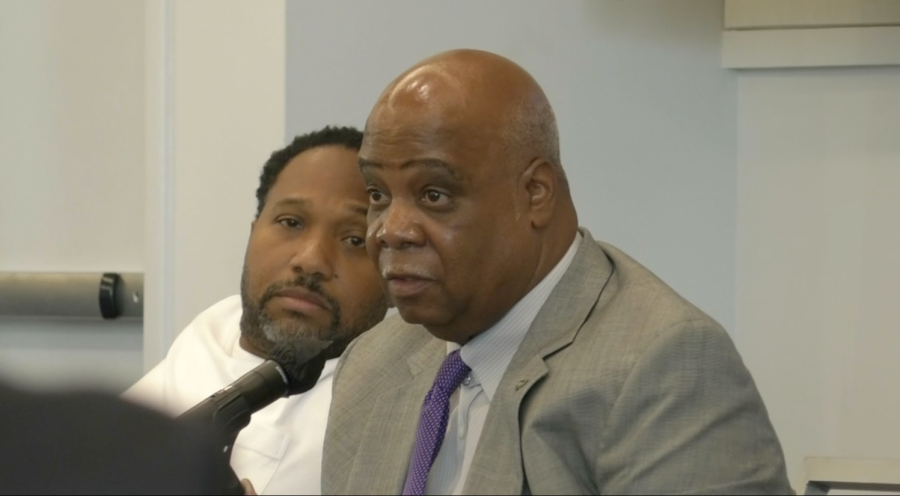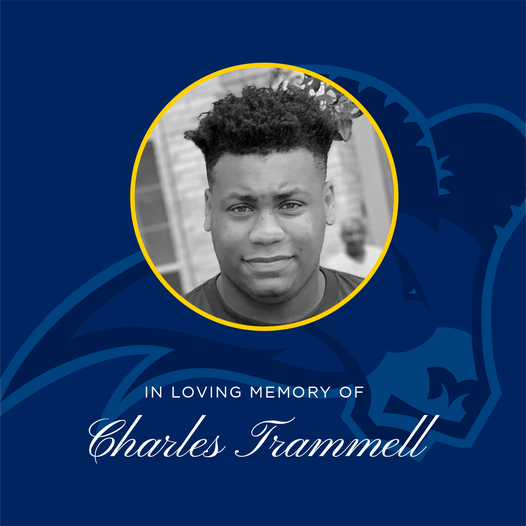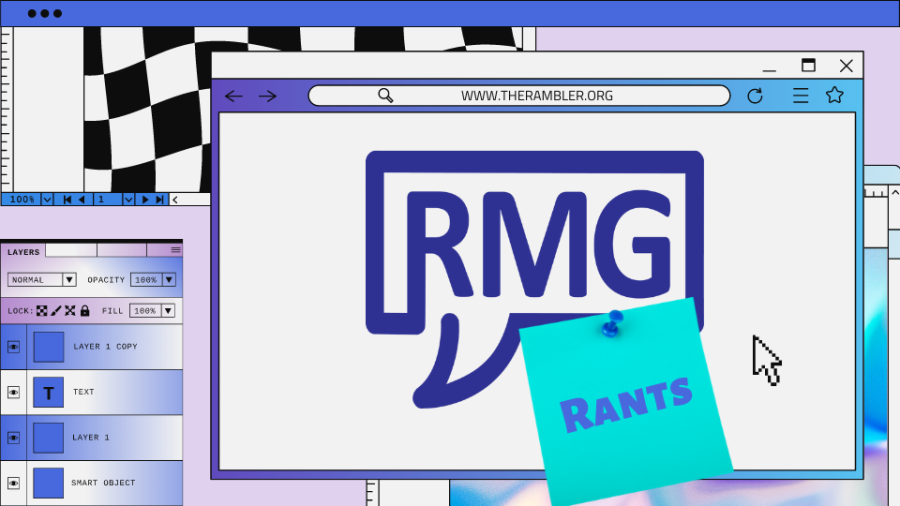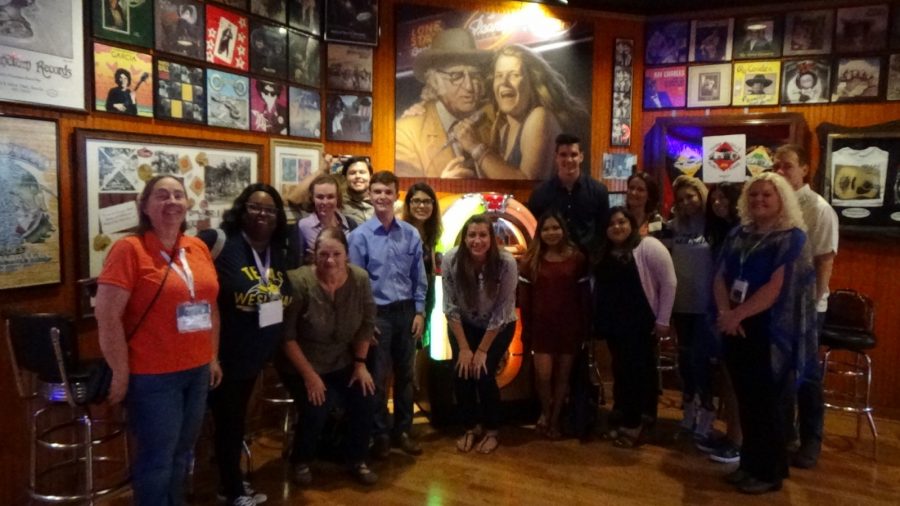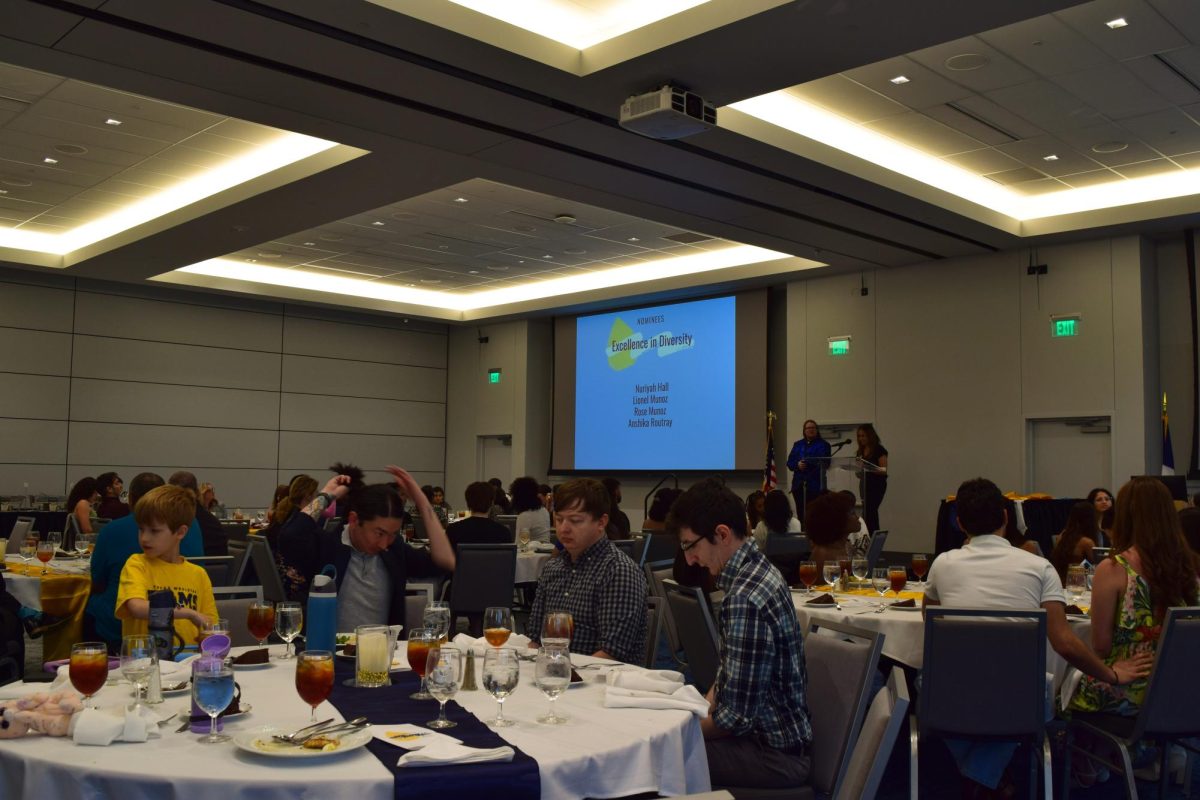Texas Wesleyan University Intro to Political Science students and Hatton Sumner Scholars traveled to the University of Texas at Austin over the weekend for The Texas Tribune Festival.
About 13 Wesleyan students attended this event, as well as university professors Dr. Michelle Payne, associate professor of political science; Dr. Barbara Kirby, assistant professor of paralegal studies; and Dr. Christopher Ohan, associate professor of history.
The festival included a variety of panels with such topics as the impact of Donald Trump on the presidency and Mexico; one-on-one interviews [including one with Sen. Al Franken, D-Minn.]; a conversation between Sen. Ted Cruz, R-Texas and Sen. John Cornyn, R-Texas; and other events.
Students could choose from many panels ranging from politics in the media, podcasts, public and higher education, diversity and law, and many more
The trip was a fantastic opportunity for students to attend the festival, Ohan said. It presented students with an active dialogue and a desire to ask questions to the panelists.
“I think it was good for students to see big power players.” Ohan said. “It was good for students to see the banter on the panels.”
The panels were empowering for the students and professors, Ohan said. This was not just something learned in a textbook; it was actually getting involved at the panels.
“Hopefully, next year we will have even more students.” Ohan said.
Juan Segovia, sophomore political science major, said the two things that stood out most about the panels were the conversations about the border and the interaction between Mexico and United States officials.
“My favorite part was the conversation about the border because it was a controversial topic that had gone viral over the last two months,” Segovia said. “I felt like these topics were being solved, while I was sitting there.”
Segovia said the trip was a great opportunity for him and his classmates.
“I was able to bond with professors and get to meet important political figures while in our state,” Segovia said.
CNN Political Commentator and former Senior Advisor to and Spokesman for Mitt Romney’s 2012 U.S. Presidential Campaign Kevin Madden said we should not stop comparing President Trump to former presidents.
“The fact is, this is a diversion of the norms, worthy of observation,” Madden said of the Trump presidency.
Madden also mentioned the media’s voice in a bold new era with new vigilance and accountability.
“This is a rapidly changing transforming industry, technology is changing, reading habits are changing, changing of information, always study the habits and stay one step ahead,” Madden said.
The Wall Street Journal’s White House reporter Eli Stokuls said there can be accountability in citizen journalism while there is skepticism about all media.
Stokuls also said the public should be skeptical of stories that do not offer fully accurate content. If one article or media outlet tries to attack one side in particular, he said, it will be obvious.
“There can be accountability,” he said. “The truth will become clear.”
DeRay Mckesson, a civil rights activist and well-known supporter of the Black Lives Matter movement, was a panelist for the forum “Trump and the Resistance.”
“Remember that Harriet Tubman did not call me and tell me to be an organizer, that I had thought there was a problem, and I tried to do something about it,” Mckesson said.
Mckesson is known for his activism via social media outlets such as Twitter and Instagram.
“We are just at the beginning of understanding the power of the internet to change the world and the way we organize,” Mckesson said.
Mckesson has been active in numerous protests, including ones in Ferguson, Mo. and Baltimore, Md.
“One of the things a protest does it builds a community, we all talked about in the panel, when I think about the administration of Ferguson and Baltimore,” Mckesson said. “Across the country, the internet is one of things that brought us together and they [social media platforms] showed us where to go.”
Mckesson said to be the resistance, start organizing where you are.
“I think that is the story of all the best organizers,” Mckesson said. “They start where they are, they start with one, two, three, people in a kitchen, in a living room, at a coffee shop, and trying to put together a plan for change and that is how I think change happens.”

